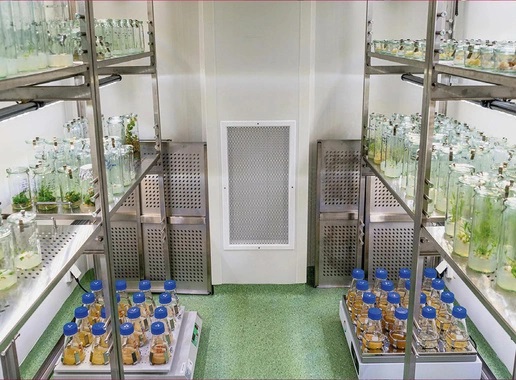
Researchers from the Department of Pharmaceutical Biology and Biotechnology at Wrocław Medical University are carrying out a project entitled ‘Regulation of synergistic toxicity of plant triterpene saponins and ribosome-inactivating proteins’.
The researchers are looking at two common plants: Gypsophila elegans (the supercilious phloem, summer gypsophila – known, for example, as a bouquet additive) and Agrostemma githago (the tares, once a common weed, today an endangered but also ornamental plant).
Both belong to the clove family, which is unique in the plant world in terms of chemical defence. Indeed, it has been found that the lethal mixtures produced by the clove family contain, on the one hand, small-molecule substances called saponins (natural detergents) and, on the other, rare and specific toxic proteins, so-called ribosome-inactivating proteins.
The research – funded by the National Science Centre – is intended to elucidate the reason for the production of proteins and saponins and determine their proportions.
Read more: https://www.umw.edu.pl/pl/aktualnosci/poznac-zabojcza-moc-roslin









